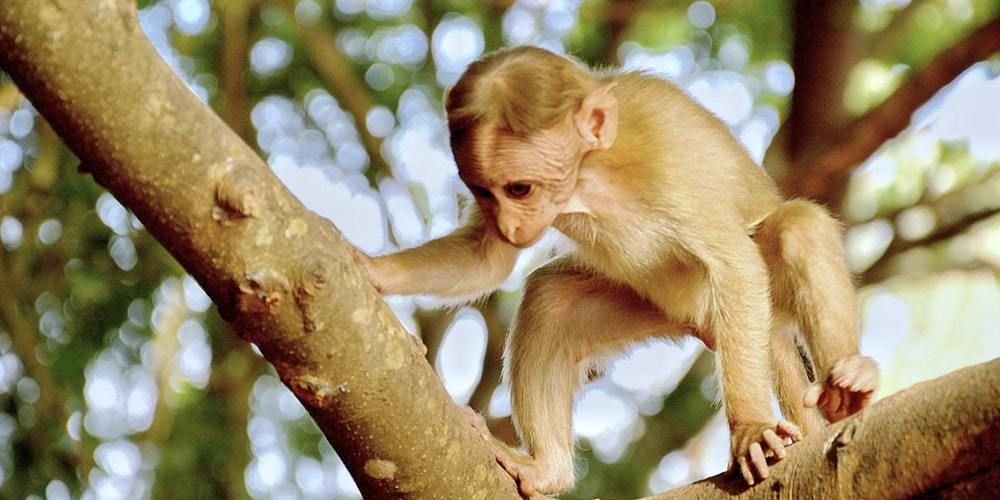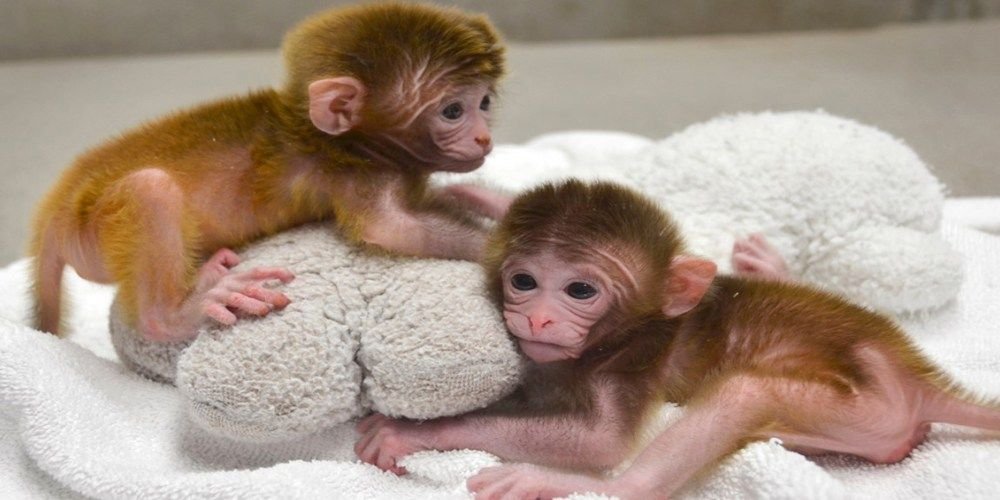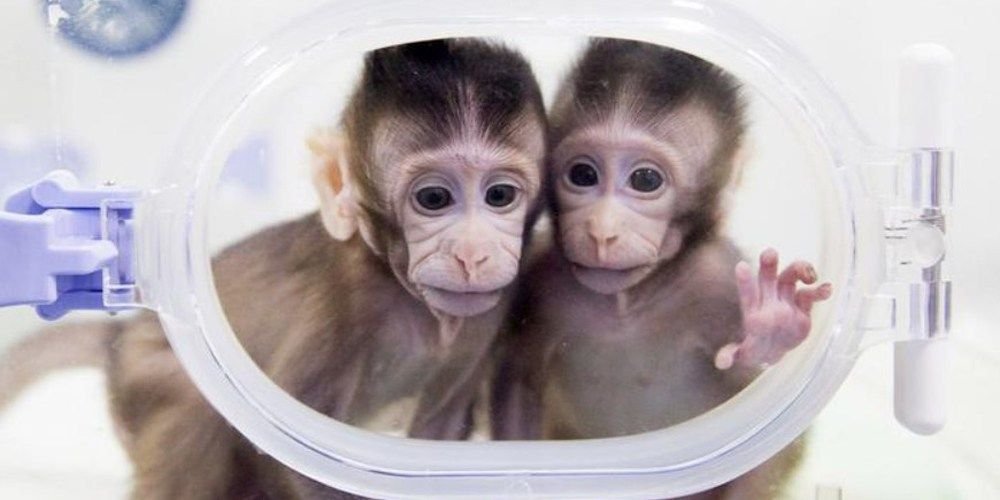Scientists Create Clones of Monkeys-Are Humans Next?
Bharatwa Editor
. 2 min read

Because of globalized nature of science today as compared to previous decades we are more close to human cloning. The news that researchers have cloned a monkey and produced stem cells may have some people wondering if it would ever be possible to clone a person. However many thinkers treat it as unethical, but even if we put the ethics aside medical science needs significant advancement.
So far scientists have cloned frog, mice, cats, sheep, pigs and cows. Cloning is the process of producing similar populations of genetically identical individuals. Cloning in biotechnology refers to the processes used to create copies of DNA fragments, cells or organisms. Dolly was the first mammal to be successfully cloned from a grown somatic cell.
Also Read:
1. Neuralink -Connecting the Human Brain to Computers!
2. Daniel Nocera- Coverts Solar Energy into Liquid Fuel
Since the cloning produced Dolly Sheep, scientists went on copying several mammals from dogs to ponies. Chinese researchers successfully cloned the fruit of monkey macaques twice, producing the sister monkeys Hua Hua and Zhong Zhong, using the same basic method that was used to create Dolly.
The team removed the core from the monkey eggs and replaced it with DNA from the fetus, implanting the eggs in the female monkeys so that they would give birth.

Cloning in biotechnology refers to processes used to create copies of DNA fragments. The cloning process of monkey was not easy. To obtain these results, 127 eggs and 79 embryos were required, and for this, a fetus was still needed (Dolly was cloned in an adult). However, this reflects progress in the cloning of science.
The team coped with this route by introducing both the mRNA form and the inhibitor, the combination of which improved the development of blastocysts (the structures that form the embryo) and the pregnancy rate for transplanted embryos. Both baby macaques are healthy, researchers say, and genetic tests confirm that they are indeed duplicates.
Perhaps the success in cloning also depends on adults, as the team is still waiting for the results of numerous pregnancies.

Theoretically, this makes human cloning more realistic, taking into account the genetic similarity between monkeys and our own species. However, this is unlikely to happen in the near future. There are many ethical objections, and not just because it will require the creation of exact copies of people.
Regardless of whether you use cloning based on fruits, the process now requires many failures to achieve the intended results. There is also the question of what happens to those clones that survive in adulthood - they may face pressure to match the original.
Also Read:
1. Discovery of New Planets Like Earth!
2. NASA’s Kilopower Nuclear Reactor to Power a Habitat on Mars
Thus, cloning of monkeys can be limited to medical research, where the presence of more than one monkey with the same genes can help scientists compare the results of treatment or test in certain conditions. It still does not like everyone, but it, at least, will represent an ethical line in the sand, which science does not want to cross.
More Stories from
15 Pakistani Movies That Will Make you Forget Bollywood
We have compiled the ultimate list of top 15 Pakistani movies that you shouldn't miss, these left a greater social impact.
Film Mafia, Fueling the Fire and Enraging Masses
Film Mafia of Bollywood is Fictionalizing history, Rubbishing Religion, Promoting Anti-National Spirit, Mocking Hindu Gods, Award Wapsi and Intolerance drive
How did India respond to Donald Trump's 25% tariff penalty on India?
Trade tensions between the United States and India have sharply increased as a result of this recent development. Know how India responds to Donald Trump's 25% tariff penalty on India.
Geoffrey Hinton's AI Warning: The Most Dangerous Invention Ever
AI is both beneficial and dangerous, depending on how it is developed, deployed, and regulated.
Unbelievable Facts about World History that will surprise you
Human history and the natural world are filled with mysteries, marvels, and strange truths that challenge our understanding. In this article, we will explore some unbelievable facts about world history.





